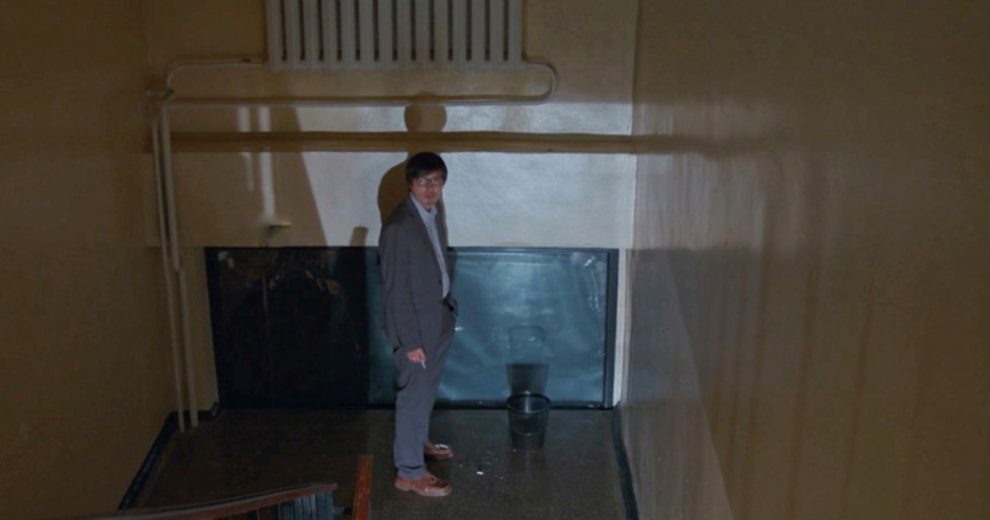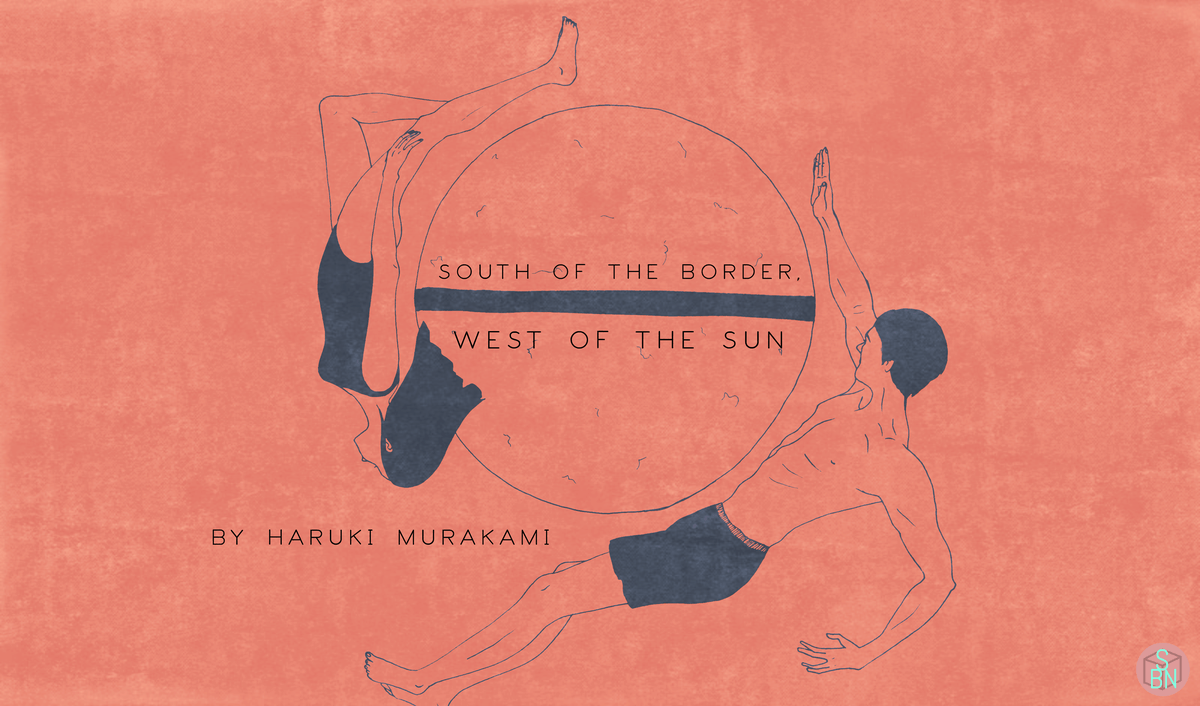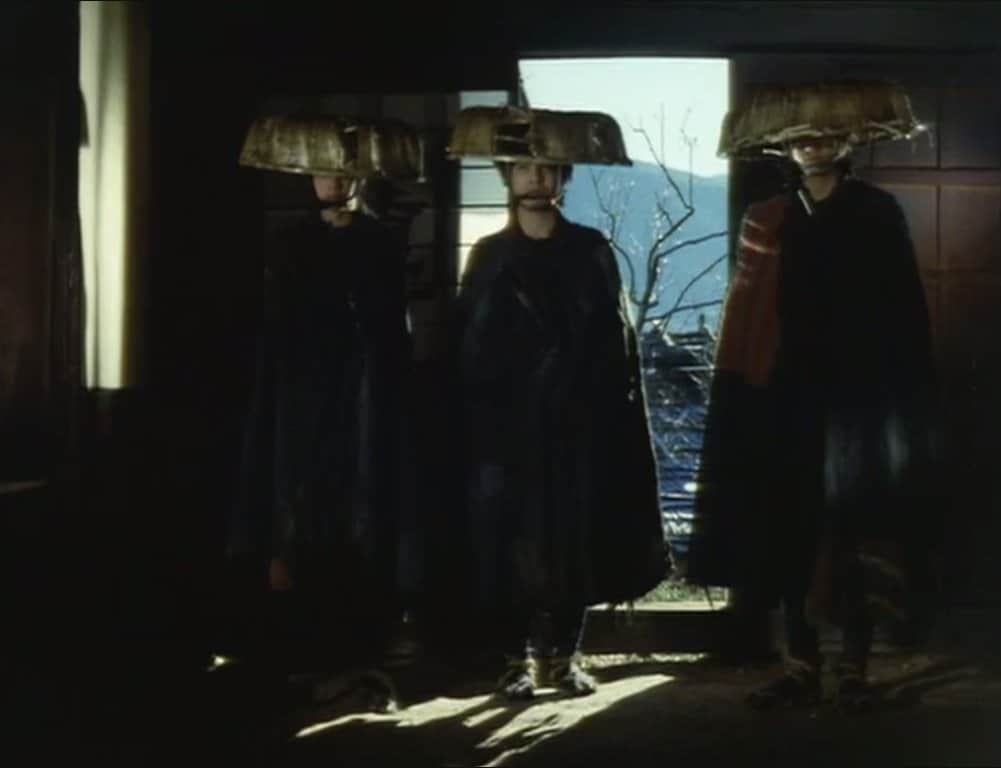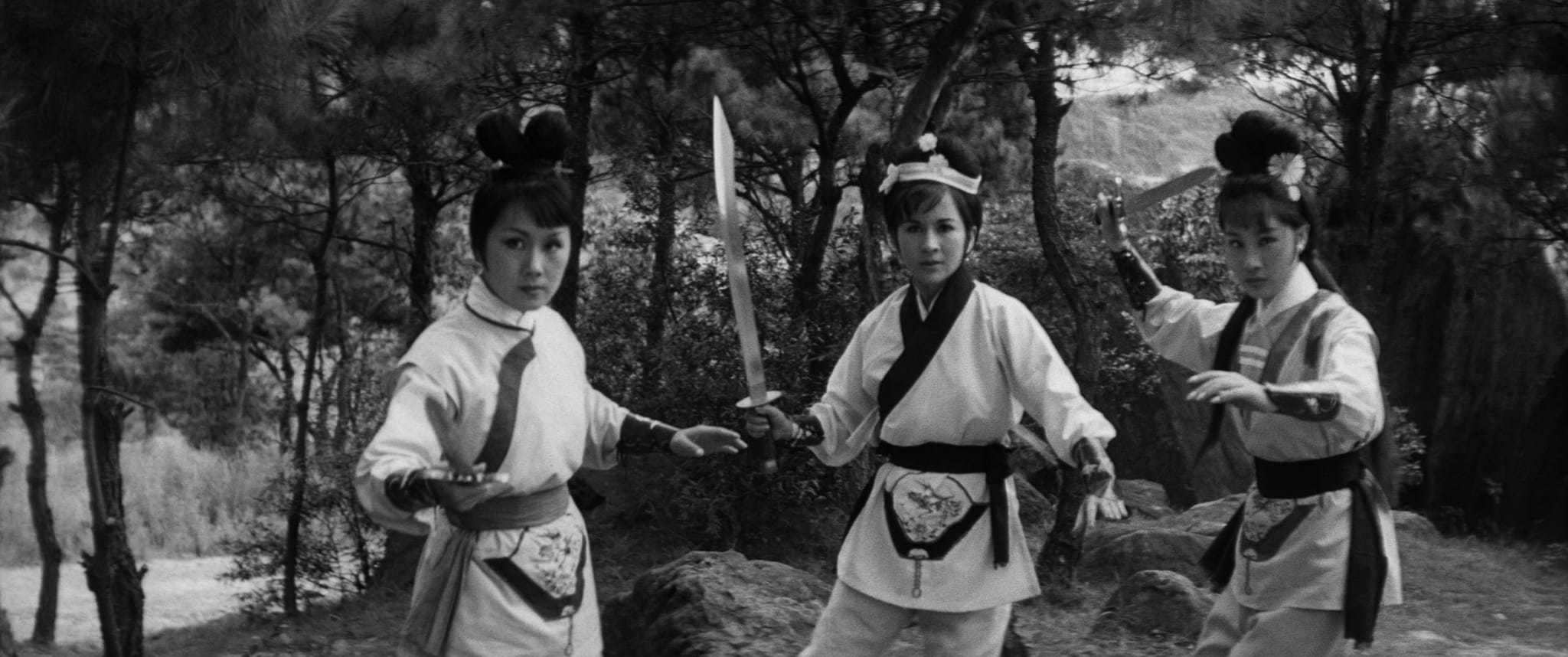One of the most prominent cinematic voices of Kazakhstan is back this year with a new movie, “Poet”, which premiered at the Tokyo International Film Festival where it won the Best Director Award.
The film focuses on Didar, an unrecognised poet in contemporary Kazakhstan, who supports his wife and child by working in a struggling newspaper. As both his capacities border on extinction, due to the influence of social media and digital technology and also because Kazakhstan is about to adopt English as its main language, both Didar and his colleagues frequently discuss the issues their work and art in general face in the contemporary, globalised world. Eventually, while eating with his wife in a high-class restaurant, he stumbles upon an old classmate, who has put his literature studies behind and is now a successful restaurant owner with ties to a number of powerful businessmen. One of those asks Didar to write a book about his family story, while the poet is also invited for a reading in a small town a bit later on. All the while the story of the protagonist is juxtaposed with that of poet and political figure Makhambet Otemisuly, who was executed by the authorities in 1846 for his criticism of the state, with the story continuing after his death, focusing on his ancestors who pay a visit to his grave, for varying reasons.

Darezhan Omirbaev creates a rather intriguing narrative, highlighting how the fact that the world is changing is affecting art, language, profession, and even the mentality of people, with his focus being on a number of individuals whose capacities and overall attitude seems to be on the brink of extinction, both literally and metaphorically. One of the most interesting is the way he uses Didar as the observant of what is happening around him, all the changes and events that lead to the aforementioned concept, in a way that, essentially, “dictates” the view of the spectator, as the latter sees everything through the eyes of the protagonist.
This approach, although intriguing, could have become monotonous after a fashion, particularly since Didar is rather laconic in the movie, but Omirbaev manages to avoid this reef in the most ingenious way, through a number of different “tricks”. The first one is the historic flashbacks, most of which take place in a Kazakhstan that seems almost dystopian by today's standards, while also highlighting the difficulties artists who spoke the truth faced throughout history. The overall change of scenery works excellently for the narrative, also due to the rather artful cinematography of Boris Troshev, whose quality remains the same throughout the many different settings. The cinematography brings us to the second element, as the camera occasionally stops presenting the story through the eyes of the protagonist, turning onto him, occasionally onto some of his most personal moments, while he is soaking in a tub for example. The third one is through Didar's dreams, which border on the absurd, but usually derive from the events that took place during the day, while expressing his thoughts about the impact of modern technology. This element brings us to the last one, which is the ingenious use of subtle, ironic, deadpan humour that permeates the narrative, resulting in a number of moments that will definitely make the viewer laugh. The scene in the newspaper and the way all these “great minds” react when the beautiful secretary enters the office, the electric appliances shop events, and the whole episode with the poetry reading in the small town and particularly the reactions of the people who organised it, and, all move towards this direction adding much entertainment to the movie.
The last episode in particular, also presents the bittersweet taste being a poet can bring to someone, while also presenting, through an approach that is both dramatic and humorous, how life can make the whole concept worth it, in the most unexpected ways.
The editing implements a slow pace, which is toned down, though, by the different cinematic elements Omirbaev have included, which manage to give a sense of speed and movement to an otherwise barely moving film.
Yerdos Kanaev as Didar gives a very fitting performance, communicating his thoughts and feelings almost exclusively through his eyes and body stance, but with the same eloquence as if he was speaking.
“Poet” is an excellent film, one that highlights the fact that Omirbaev is at the top of his art, particularly because he manages to present all his comments through an approach that is intelligent, funny, and rather artful at the same time.















